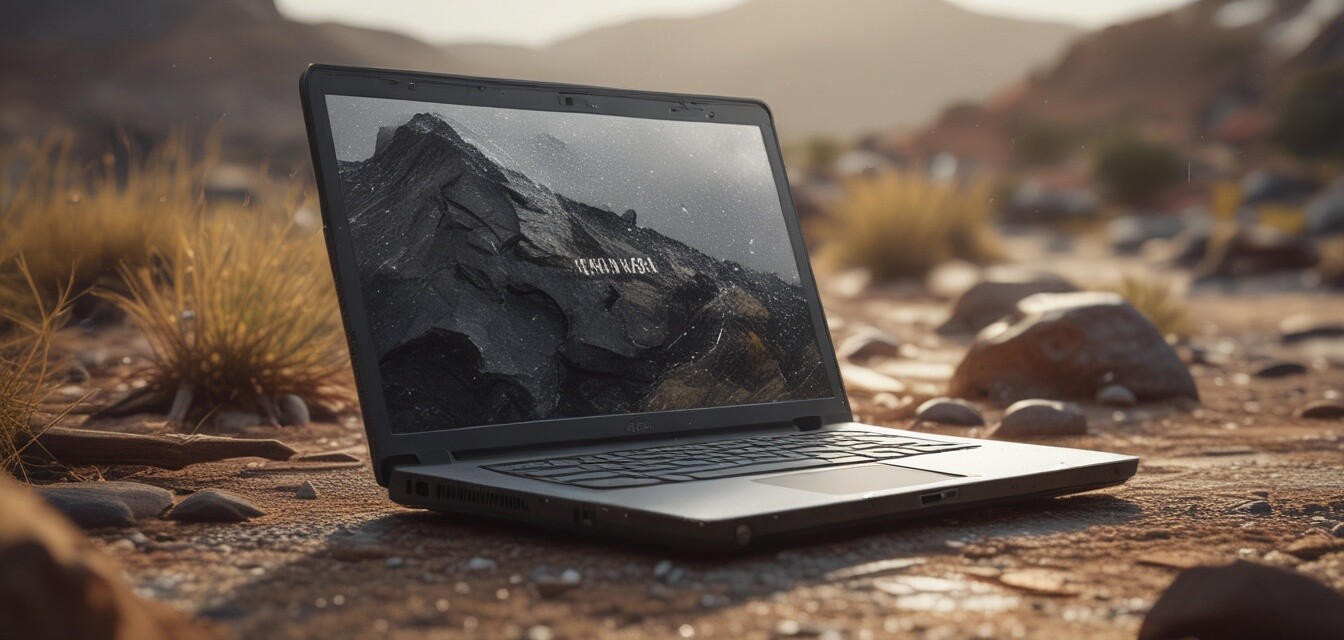
Evaluating Laptop Durability: A Buyer’s Guide
- Understand key factors that influence laptop durability.
- Learn the importance of materials and design in build quality.
- Know how to assess warranties and certifications related to durability.
- Identify the best laptops for various usage scenarios.
- Get tips for maintaining your laptop’s longevity.
Choosing a laptop is a significant decision, and durability should be a critical factor in your selection process. As much as specifications and performance matter, understanding how well a laptop can withstand daily wear and tear is equally important. In this guide, we will explore how to evaluate laptop durability to ensure you invest in a device that meets your needs.
Importance of Laptop Durability
Laptop durability is not merely about the physical toughness of the device; it encompasses several aspects that contribute to its longevity and usability. Here are a few reasons why it matters:
- Reliability: A durable laptop is more likely to function well under strain.
- Cost-effectiveness: Investing in a durable model may save you money in repairs or replacements over time.
- Performance under stress: A sturdily built laptop can protect its internal components, leading to better performance.
- Portability: Knowing your laptop can survive travel means you can take it anywhere without worry.
Key Factors to Consider When Evaluating Durability
1. Materials Used in Construction
The materials that make up a laptop significantly influence its sturdiness. Here are common materials used:
| Material | Durability Rating | Notes |
|---|---|---|
| Aluminum | High | Lightweight and strong, aluminum cases can resist minor drops. |
| Plastic | Variable | Common in budget models; may crack on impact but is lightweight. |
| Carbon Fiber | Very High | Exceptional strength-to-weight ratio; ideal for high-end devices. |
| Magnesium Alloy | High | Stronger than aluminum; offers good resistance to impacts. |
2. Design Features
Beyond materials, think about the design aspects that contribute to a laptop's durability:
- Hinges: Look for reinforced hinges; weak hinges can lead to screen damage.
- Keyboard and Ports: Consider spill-resistant keyboards and solid port designs for longevity.
- Screen Quality: A durable screen should be made from toughened glass or have Gorilla Glass protection.
3. Military Grade Certifications
Some laptops boast military-grade certifications that indicate their ability to withstand harsh conditions. Here's a breakdown:
| Certification | Description |
|---|---|
| MIL-STD-810 | Tested for resistance to temperature, humidity, vibration, and drops. |
| IP Ratings | Indicates protection against dust and water; higher numbers mean better protection. |
Assessing Warranty and Support
A solid warranty and customer support are essential to your overall satisfaction with a laptop. Consider the following:
- Warranty Duration: Look for at least a 1-year warranty. Some manufacturers offer extended warranties.
- Accidental Damage Protection: Check if the warranty covers minor accidents.
- Customer Service: Research online reviews to gauge the support quality.
Best Practices for Maintaining Laptop Durability
Once you have invested in a durable laptop, maintaining it is crucial:
- Use a protective case: A case can shield your laptop from drops and scratches.
- Regular cleaning: Keep your laptop free from dust and grime to prevent overheating.
- Avoid extreme temperatures: Keep your laptop out of hot or cold environments.
Helpful tips for choosing a durable laptop
- Read customer reviews focusing on durability aspects.
- Compare warranties and consider purchasing additional protection plans.
- Test weight and feel; a device that feels robust is often built to last.
- Visit our Buying Guides for more insights.
Conclusion
Durability is a crucial element when purchasing a laptop. By understanding the different construction materials, design features, certifications, and best practices for maintenance, you will be well-equipped to choose a laptop that withstands daily usage. Always prioritize durability along with performance and features to ensure your investment lasts.
Pros
- Long-lasting performance under various conditions.
- Reduced need for repairs or replacements.
- Enhanced reliability for everyday tasks.
Cons
- Durable laptops may be heavier than ultra-thin alternatives.
- Some high-durability materials may increase the cost.